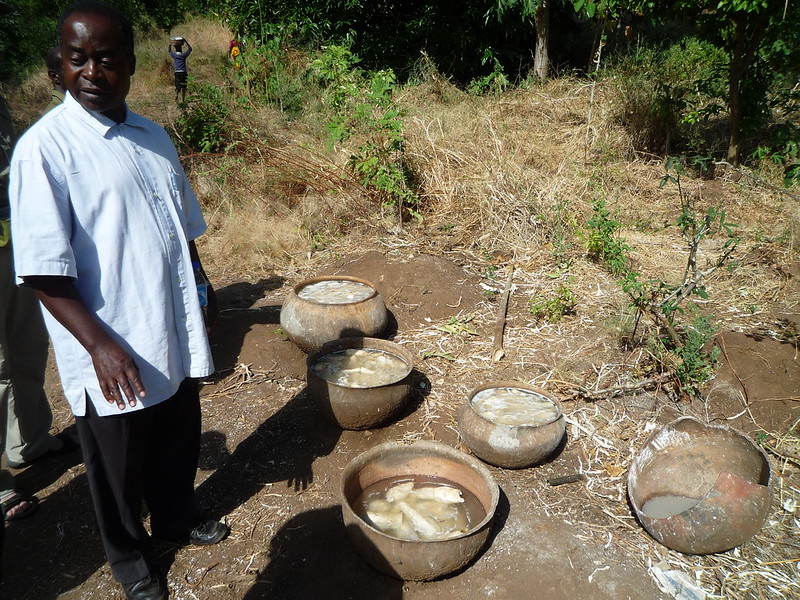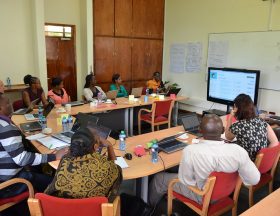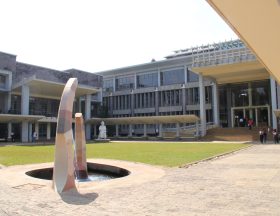With soaring wheat prices for more than a year, roots, tubers and other cereals such as fonio, often considered secondary, are once again popular. Many countries are now accelerating their policy of incorporating these foods into baked goods.
In the DRC, the government adopted last Friday, April 15 in the Council of Ministers, a project to promote the use of cassava flour in bread and pastry. Concretely, this approach will now make it possible to mix up to 20% cassava flour with wheat flour in the production of bread and to make pizzas, cakes and waffles entirely from cassava flour.
The strategy aims to reduce the bill related to wheat imports, which average $87 million each year, in a context where the country, which depends nearly 70% on Russia and Ukraine for its supply in cereal, is affected by the rise in prices.
According to Julien Paluku, Minister of Industry, this project is a public initiative deployed via the Support Unit for the Integrated Emergency Community Development Program (CAPUIDC) which benefits from $38 million in support from the AfDB.
According to the manager, it should also create new outlets for producers for whom the tuber has become a commercial crop in its own right and no longer just a subsistence crop. With the importance of the product for food security and its multiple economic benefits, production has increased considerably over the past two decades.
The DRC was the world’s 3rd largest producer of cassava behind Nigeria and Thailand with a volume of 30 million tonnes in 2018, according to FAO data.
































Réagissez à cet article